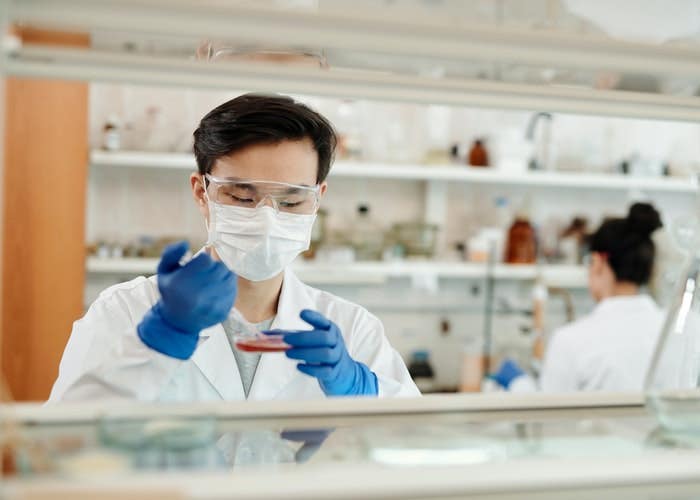
How to Become A Pharmacist
How to Become a Pharmacist
If you enjoy science, helping people, aspire to be part of a healthcare team and want stability and flexibility from your job, a career as a pharmacist could be right for you. But how can you get there?
What does a pharmacist do?
Pharmacists work in a variety of healthcare settings with patients and the public, providing pharmacy services, health and lifestyle advice, patient care and over-the-counter medicines, as well as checking and dispensing medicines prescribed by a doctor. They may refer people to a GP, monitor patients on prescribed medication and lead, supervise and train staff and pharmacy technicians within their pharmacy setting.
They may also administer vaccinations to the public, manage budgets or be involved in drug therapies research.
Pharmacy assistants are not qualified pharmacists but work in a pharmacy team and help pharmacists order, prepare and dispense medicines. They don’t require qualifications but may receive training in their workplace or choose to study an online course such as the Pharmacy Assistant Diploma.
Where can pharmacists work?
Pharmacists can work in different settings, such as local or community pharmacies, a hospital pharmacy, medical practices, care homes or for NHS 111.
They may work in the pharmaceutical industry, where they work in pharmaceutical companies involved in developing and manufacturing medicines and medical technology or in procurement, liaising with manufacturers and suppliers of medicines.
Pharmacists also work in academia, carrying out research and teaching within a university.
What skills do you need to become a pharmacist?
Before commiting to training to become a pharmacist, it’s important to understand the field of pharmacy, what’s involved and how it benefits patients and the public. They need to have knowledge of maths and science and be able to work under pressure.
Pharmacists need to have patience, and excellent people and communication skills, and are expected to speak professionally to members of the public, patients and other healthcare professionals.
To help find out if being a pharmacist will be right for you, it can be helpful to gain work experience in at least one pharmacy setting.
What qualifications do you need to become a pharmacist?
To become a pharmacist you are required to complete a pharmacy degree called a Master of Pharmacy (MPharm degree) approved by the General Pharmaceutical Council at an accredited university and a one year pre-registration training course in pharmacy.
Entry requirements are:
Once qualified, many pharmacists join the Royal Pharmaceutical Society, the professional body for pharmacists.
How long does it take to qualify as a pharmacist?
A Master of Pharmacy (MPharm) degree takes a minimum of four years and is followed by a one year paid work placement called a foundation training year. Some universities offer five-year sandwich courses.
How much does a pharmacist earn?
In the UK, an average full-time starting salary for a pharmacist is around £32,000 per year, with experienced pharmacists potentially earning up to around £48,000 per year.
Pharmacists may work full-time or part-time and could be expected to work on a rota that includes evenings, weekends and Bank Holidays.
Some pharmacists may also have access to benefits. For example, those working within the NHS will have benefits such as 27 days annual leave (entry level) and the NHS pension scheme.

